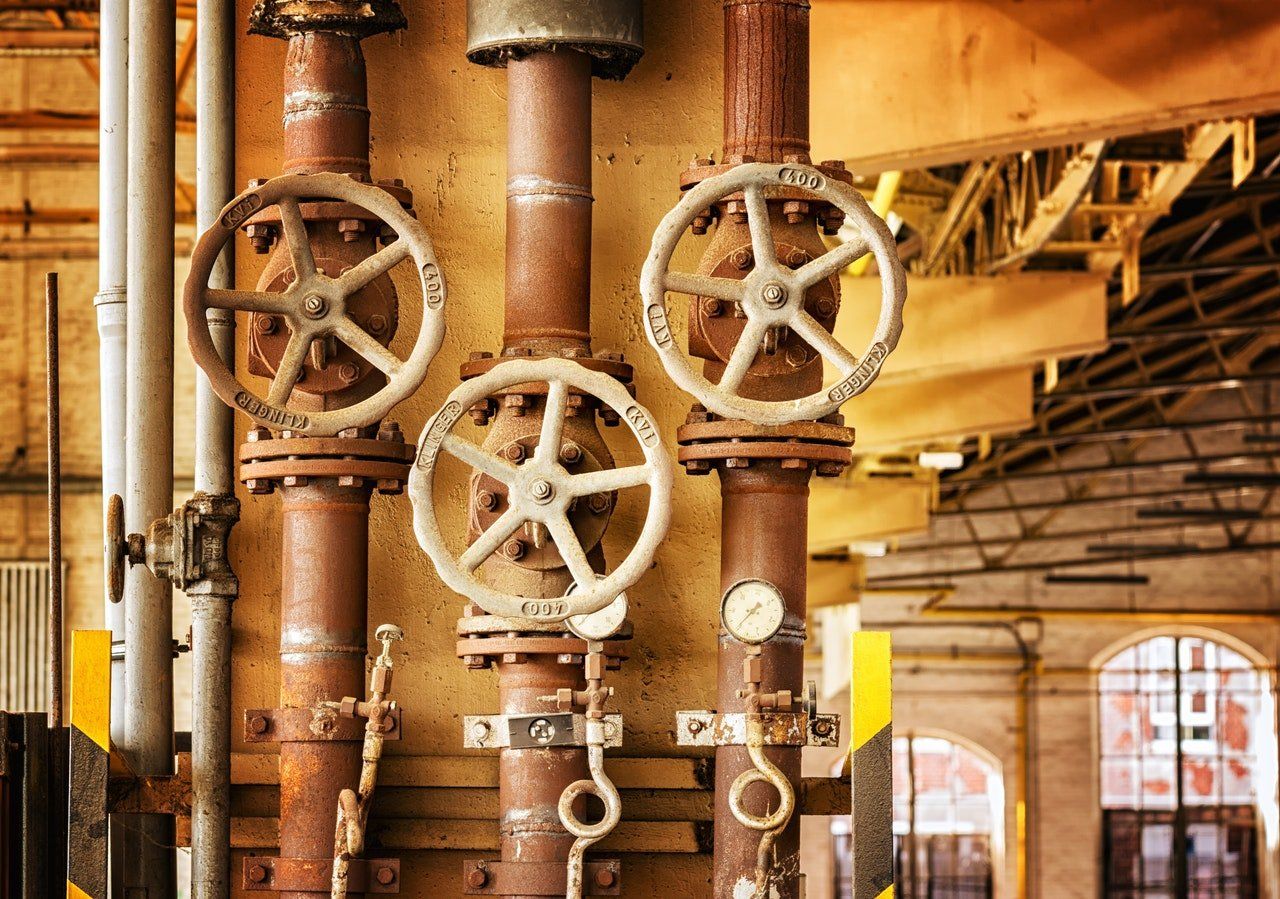3 Sure Signs That You Are Due For a Pipe Replacement

Our home cannot function properly without all of the amenities and utilities we often use daily. You have your electric lines and wall outlets for your appliances, hygiene and grooming equipment, and even the pipelines transporting water supply and handling waste. As vital as all of these are, the most important thing that you would probably have to maintain is the pipings.
Most of the other amenities are very much manageable, even without the help of a professional. However, the pipings may end up causing more damage that affects the overall integrity of your home if they are left unchecked. For this very reason, you are required to inspect it every once in a while and ensure no lapses when it comes to its proper care.
Of course, not all homeowners are homemakers; that is why there may come a time when even you may not be able to identify if something is already wrong with your pipes. If that’s the case, you must take note of the common red flags that demand needs for pipe replacements.
1. Sudden Occurrence of Leaks
No other indicators can make it more evident that you are due for a pipe replacement other than the sudden offset of leaks. It doesn’t even matter whether you would see it outdoors or indoors; if you get a clear glimpse of the drops and puddle of water, you might as well call for a plumber then and there.
It isn’t really so much about the possible damages that your pipelines have incurred, but rather the extent of it that you may not even be aware of. Dealing with leaks is one thing, but dealing with something that is bound to turn into a burst pipe is something more alarming overall.
2. Constant Clogs
The possibility of a burst pipe was mentioned above, and indeed, it is one of the most stressful things you may have to deal with if you are not careful. In such a case, one of the main instigators would have to be a clogged pipe. While people often attribute it to foreign objects making their way into your piping system, the more common cause would have to be corrosion.
Due to their old age, some pipes corrode from the inside, accumulating their dispersed particles over time until water can no longer pass through them. Declogging them is hard enough, but it may get worse once the pressure builds up. By then, the pipe itself may end up bursting which demands replacements.
3. Dirty, Discolored Water
There are times when your water supply may seem dirty and or contain a strange color. In such a case, you have to consider two possible causes: it may be from the main water line, or the problem is coming from your end. If your neighbors aren’t experiencing the same thing as you, then the latter may be your utmost concern.
Due to corrosion, the water coming through your pipes may end up having those dirty particles, thus, giving your water supply a discoloration. Avoid consuming or using it at all costs and get help from a licensed plumber as soon as possible.
Conclusion
Checking for the sure signs of a pipe replacement is just a matter of knowing what indicators to look out for. Discolored water and leaks are one thing, but once clogs begin to turn up, you may need to contact a professional immediately to avoid the offset of a burst pipe. Be sure to inspect your pipes regularly and observe any occurrence of puddles and moist walls around your home.
Prevention is always better than cure, and in this case, it will also help you avoid expensive pipe repairs.
If you are looking for all-in-one plumbing services in Birmingham, AL , look no further than our expertise here at All City Plumbers. We offer and specialize in emergency, commercial, and residential plumbing services in the state of Alabama. Contact us today and let us handle your pipe fixes and replacements for you.











